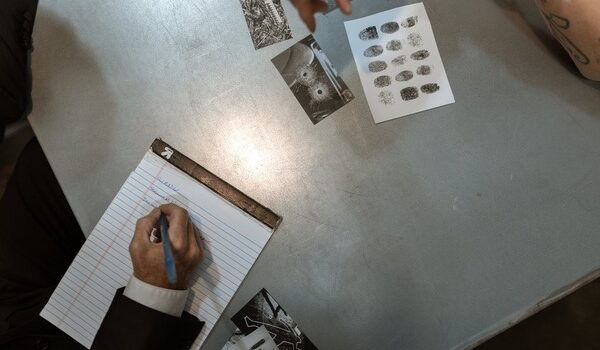
When going through a divorce, the first thing that often comes to mind is hiring a family law attorney to represent your interests throughout the proceeding. Of course this is a good idea, as divorce cases are often high stakes and involve complex family law principles. However, it also makes sense to meet with a criminal attorney in some cases.
Divorces can be messy, especially when a couple has children or there is a history of infidelity or domestic violence. In these cases, one spouse may bring up the other spouse’s abusive conduct. Regardless of whether these allegations are true, this can have a major impact on the divorce proceeding and can also expose you to criminal liability.
If you believe that your spouse will bring up past instances of abuse, consulting with a criminal attorney is crucial for a few reasons. First, if your spouse files a police report, you may get arrested and charged with a criminal offense. This can delay the divorce proceeding, as family court judges will typically wait until the resolution of an open criminal case before handling the divorce.
Tips on When to Consult a Criminal Attorney During Your Divorce
What If There Was No Arrest?
Even if you are not arrested, and the allegations are contained only in the divorce pleadings, you may still be at risk of criminal liability. When allegations of domestic abuse, rape, or child abuse come up in a divorce, the natural inclination is to take the stand to clear up any exaggerations of falsehoods. However, if you choose to testify in a civil divorce case, criminal prosecutors can use that testimony to prove a case against you, and vice versa. While a divorce attorney will likely advise you of this possibility, they are not typically knowledgeable in criminal law and may not have the knowledge or experience to effectively advise you on the impact of your testimony in a criminal case.
How a Criminal Attorney Can Help
This is where the assistance of a criminal defense attorney can be indispensable. A criminal defense attorney can meet with you to discuss the allegations — charged or uncharged—and talk through the issues, helping you determine whether testifying in the divorce case is a good idea. If you decide to take the stand, they can help prepare you for what to expect while testifying.
As divorce cases involving allegations of child abuse, sexual assault, or domestic violence involve the intersection of criminal and family law, a criminal defense attorney will also work closely with your divorce lawyer to develop an effective strategy to help you resolve both cases. For example, just as your testimony in a divorce case can be used against you in a criminal proceeding, you can use your spouse’s testimony in one case to help prove bias in the other. Thus, one strategy may involve getting a witness to commit to one version of events that is not compatible with the other case, potentially discrediting their testimony in both cases.
Divorces involving potentially criminal allegations are extremely serious. If this describes your situation, it is best to add an experienced criminal defense attorney to your team.
Tony Abboud is licensed to practice law in the State of Ohio and the United States District Court for the Southern District of Ohio. He belongs to the Ohio State Bar Association, Dayton Bar Association, and Greene County Bar Association, and the Dayton Bar Committee for Criminal Justice.











As a criminal lawyer, I found this to be an interesting read. There has been many instances where we’ve worked directly with Family lawyers, especially when dealing with domestic abuse issues.